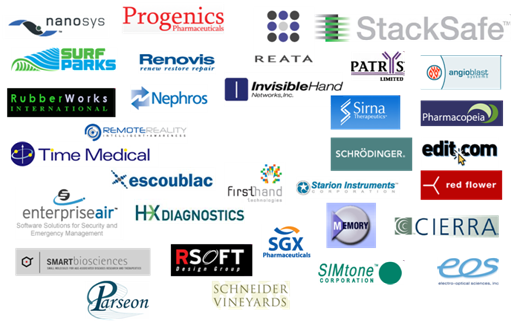
This is part of my Series on Venture Capital.
In a recent webinar I addressed the topic of raising capital and launching startups during an economic downturn. Previously, I published this post dispelling certain myths about raising capital. One matter I did not address in either of these, however, is perhaps the starkest reality entrepreneurs must face in times such as these. It is the reality that very few newly launched startups will actually
be able to raise any seed capital whatsoever.
Until significant traction is achieved in a new venture, funding from angels or VC’s alike is simply more of a scarcity than it normally is. Now is truly a time for friends and family money, but this too is difficult to come by for many these days.
So if you find yourself in such a situation and yet are determined to launch your startup, what should you do? Here are some steps you can take:
1) First forget about paying rent. Find a free cubicle at a friend’s office, work out of
a lounge or your home, or try to get accepted into a local incubator program.
2) Employees?
Forget it. Hire some unpaid interns, give a talented developer some equity with
a vesting schedule based on milestones and make do for now.
3) As for basic startup needs such as conference calling, file exchange services, online databases, blogging tools, analytics, bandwidth, etc., most of these services can be obtained for free and/or on the cheap. Just check out services such as google docs, amazon web services, drop.io, freeconferencecall, dabble, crazyegg and many others.
4) Lawyers? Forget it. Usually there is no need for a lawyer at this point. Instead, find an experienced mentor and read my post about this topic here.
5) Everything
else? Do it all yourself but constantly attend local entrepreneurship events and mix with fellow bootstrappers for moral support so as to constantly exchange information and ideas. Put yourself out there, get "in-the-know", help others and you will find that people will want to help you as well.
If you think this is tough, you’re absolutely right- so read about
Bill Powell building an entire golf course from scratch or about Jeff Bezos’
earliest days at Amazon for inspiration.
The
bottom line is this: It's all on you right now. Welcome this challenge, be incredibly resourceful and make it happen.
![Reblog this post [with Zemanta]](http://img.zemanta.com/reblog_e.png?x-id=dcb7b315-8188-44ab-a214-ece71e73f947)






![Reblog this post [with Zemanta]](http://img.zemanta.com/reblog_e.png?x-id=4a2ff167-e9ab-4776-abc3-9620246f6766)



![Reblog this post [with Zemanta]](http://img.zemanta.com/reblog_e.png?x-id=6f343274-41ba-44a8-8099-ced3665c4a04)


![Reblog this post [with Zemanta]](http://img.zemanta.com/reblog_e.png?x-id=dcb7b315-8188-44ab-a214-ece71e73f947)


![Reblog this post [with Zemanta]](http://img.zemanta.com/reblog_e.png?x-id=f19e7f17-3b95-4642-aefa-a9d33403233c)

![Reblog this post [with Zemanta]](http://img.zemanta.com/reblog_e.png?x-id=bbe21a1a-8d44-43b7-b7dc-14d54839c122)
